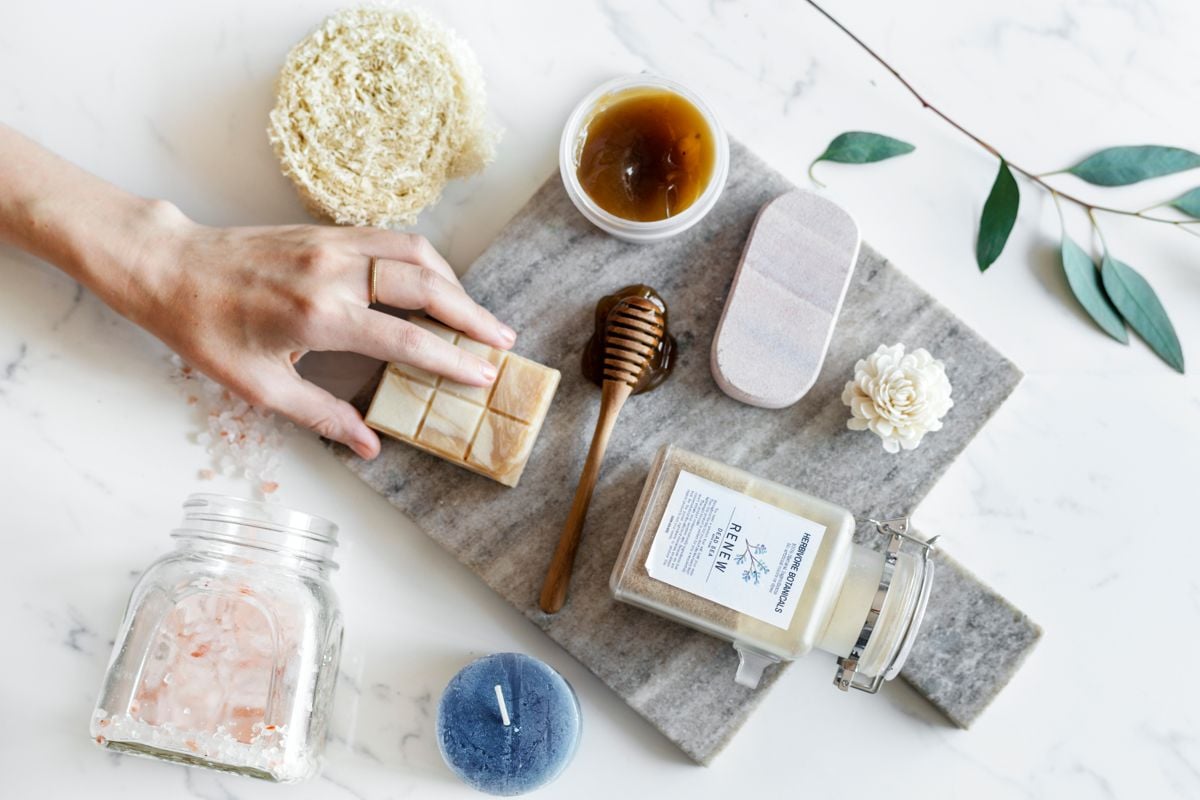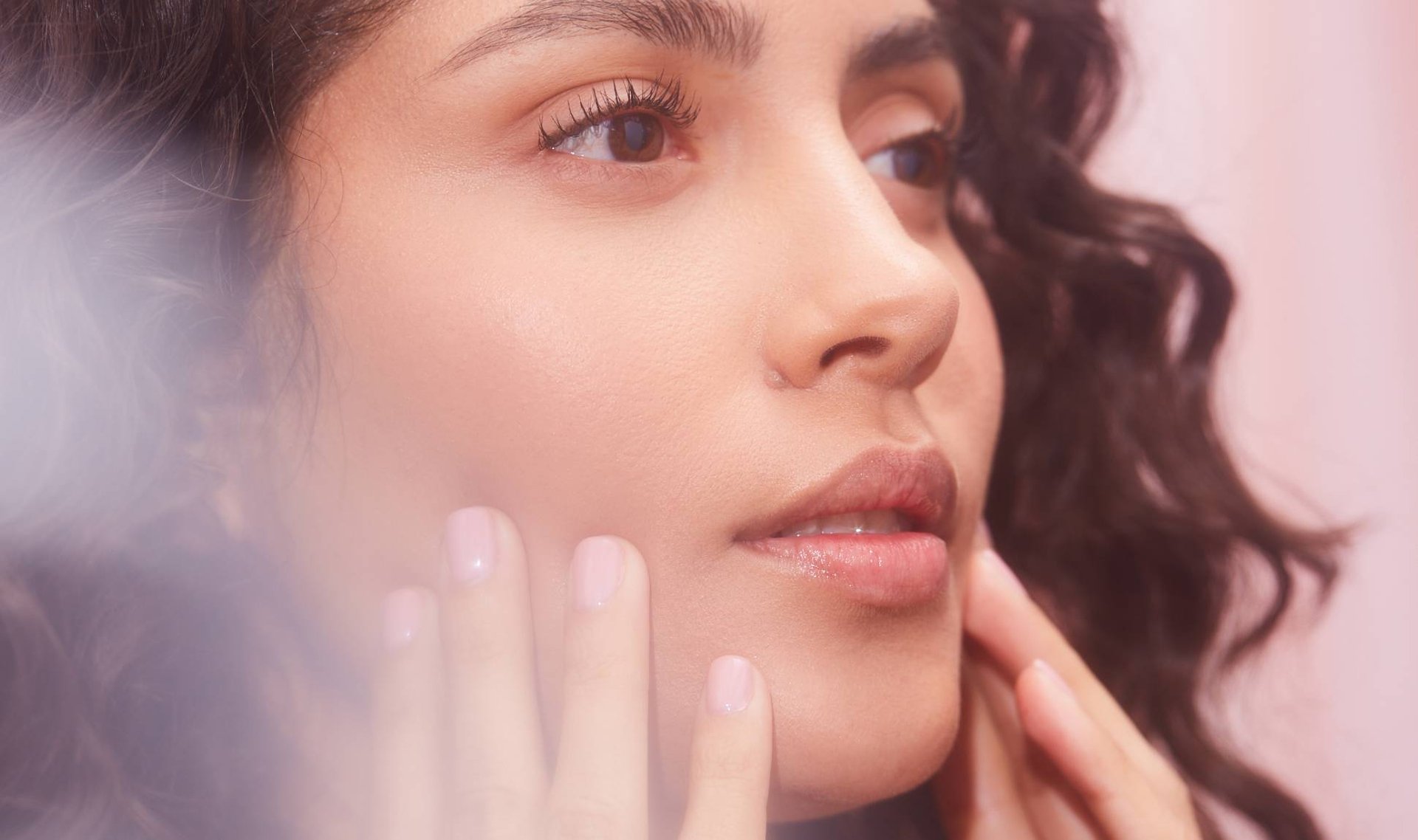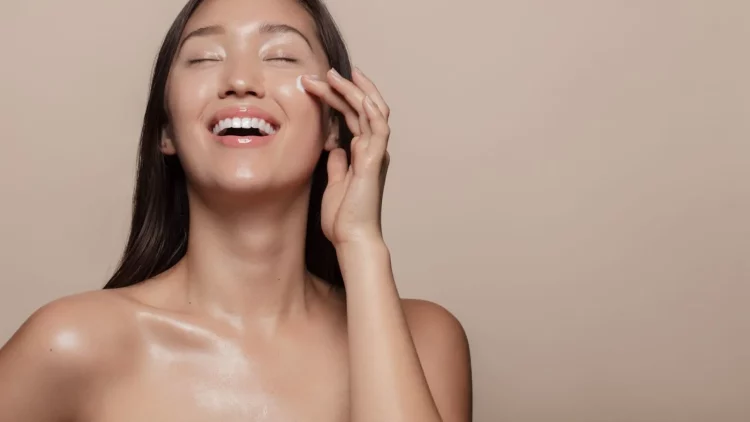In the fast-paced world we live in, stress seems to be a constant companion for many. Whether it’s work pressure, personal challenges, or even social media overload, we all experience stress to some degree. But how many of us realize that stress can actually undermine our beauty routine, affecting our skin, hair, and overall appearance?
While beauty products, skincare regimens, and wellness habits are often our go-to solutions, many of us might be overlooking the most important factor in our beauty regimen: stress management.
In this article, we’ll dive deep into how stress impacts our beauty and what steps you can take to combat its negative effects. Ready to put your beauty routine under a microscope? Let’s begin.
Understanding the Stress-Beauty Connection
Before jumping into remedies, let’s take a step back and understand how stress actually impacts our beauty. When we’re stressed, our bodies produce a hormone called cortisol, known as the “stress hormone.” While cortisol is essential for managing short-term stress, prolonged high levels can lead to a variety of beauty-related issues. Here’s how:
1. Skin: The First to Show Stress
Your skin is often the most visible indicator of stress. If you’ve noticed more breakouts, redness, or dullness after stressful days, you’re not alone.
- Acne Breakouts: High cortisol levels stimulate sebaceous glands to produce more oil, clogging pores and leading to acne.
- Inflammation: Chronic stress triggers inflammation in the body, which can manifest as redness, irritation, or even conditions like eczema and psoriasis.
- Premature Aging: Stress can also accelerate the breakdown of collagen and elastin, leading to the formation of fine lines and wrinkles.
2. Hair: More Than Just a Bad Hair Day
Hair thinning and excessive shedding are common stress-related issues. The reason lies in the impact of stress on your hair growth cycle. Stress can push hair follicles into a resting phase, causing increased hair fall. This is known as telogen effluvium.
Stress also affects the scalp’s health, often causing dryness, dandruff, or even triggering conditions like alopecia areata, where the immune system mistakenly attacks hair follicles.

3. Nails: Breaking Under Pressure
Stress doesn’t just affect your skin and hair – your nails can also suffer. People under chronic stress tend to bite their nails or have weakened nails prone to breaking and splitting. Additionally, stress-induced hormonal imbalances can lead to brittle nails that are hard to grow.
The Science Behind Stress and Beauty
It’s not just anecdotal evidence. Research shows a direct correlation between stress and its effects on our appearance. For example:
- Cortisol and Collagen Breakdown: Studies have shown that high cortisol levels degrade collagen in the skin, making it less firm and elastic. This leads to sagging and the formation of fine lines.
- Inflammation and Skin Aging: A study published in the Journal of Investigative Dermatology found that chronic stress contributes to the breakdown of skin barriers, which can lead to increased sensitivity and accelerated aging.
- Hair Follicles and Stress: The American Academy of Dermatology reports that stress can alter the hair growth cycle, triggering hair loss and other scalp-related issues.
Practical Tips for Managing Stress in Your Beauty Routine
Now that we understand how stress impacts our beauty, it’s time to explore ways to manage it. Here are some practical and effective tips to incorporate into your beauty routine:
1. Mindfulness and Meditation
Incorporating mindfulness or meditation into your daily routine can significantly lower cortisol levels. A few minutes each day can help calm the nervous system, reduce stress, and even improve your skin’s overall health.
- Tip: Try starting your day with a 10-minute guided meditation. You can find plenty of free resources on YouTube or apps like Headspace and Calm.
2. Stay Active
Exercise is one of the best natural stress relievers. Physical activity boosts the production of endorphins, the body’s natural “feel-good” hormones. It also helps regulate cortisol levels, keeping your skin clear and your body healthy.
- Tip: Aim for at least 30 minutes of moderate exercise, such as walking, yoga, or swimming, to keep your stress levels in check.
3. Skincare: Choose Calming Ingredients
When stress shows up on your skin, it’s essential to use products that help calm inflammation and repair the skin barrier. Look for products with ingredients like hyaluronic acid, niacinamide, caffeine, and chamomile. These ingredients soothe irritated skin and reduce redness, while also hydrating and promoting healing.
- Tip: Consider incorporating a calming sheet mask or a soothing serum into your evening skincare routine. These can help replenish and repair the skin after a long, stressful day.
4. Hydration is Key
Dehydration is a common side effect of stress. When you’re stressed, your body prioritizes other functions, leaving your skin thirsty. Drinking enough water throughout the day helps maintain a healthy complexion and keeps your skin looking plump and youthful.
- Tip: Aim for at least 8 glasses of water per day. Add cucumber or mint for a refreshing, skin-loving twist.

5. Get Enough Sleep
Sleep is often the first thing to suffer when we’re stressed, yet it’s also one of the most critical factors for beauty. During sleep, your body repairs and regenerates cells, and this process includes your skin. Lack of sleep increases cortisol levels, contributing to dull, tired-looking skin and even acne.
- Tip: Set a consistent bedtime, aiming for at least 7-9 hours of sleep per night. Prioritize sleep hygiene by reducing screen time and creating a calming bedtime routine.
Stress-Free Beauty: Lifestyle Changes That Make a Difference
While managing stress is essential, adopting a stress-free lifestyle can also improve your overall beauty. Here are a few lifestyle changes that can enhance your beauty and reduce stress:
1. Nutrition: Feed Your Skin from the Inside Out
What you eat plays a significant role in your skin, hair, and overall health. Incorporate foods that are rich in antioxidants, vitamins, and healthy fats. Foods like avocados, berries, spinach, and salmon provide the nutrients your skin needs to stay vibrant and youthful.
- Tip: Consider adding a supplement with omega-3 fatty acids or vitamin C to support your skin from the inside out.
2. Manage Your Environment
Create a calming environment at home or at work. A clutter-free space can reduce stress, while adding soothing elements like plants, soft lighting, and calming scents can help create a serene atmosphere. Lavender essential oil, in particular, is known for its stress-relieving properties.
- Tip: Try using a diffuser with calming oils like lavender, chamomile, or eucalyptus to create a peaceful, stress-free environment.
3. Social Connections
Stress is often exacerbated by isolation, so maintaining strong social connections is crucial. Whether it’s through family, friends, or a support group, talking about your stressors and sharing experiences can reduce the emotional burden and improve your mental health, leading to better skin and overall wellness.
- Tip: Make time for social activities, even if it’s just a coffee date with a friend. Laughter and positive interactions are great stress relievers!
Conclusion: Stress Less, Glow More
Stress is an inevitable part of life, but its impact on your beauty doesn’t have to be. By understanding the connection between stress and your beauty routine, and by implementing simple yet effective stress-reducing habits, you can combat the negative effects and maintain your natural glow. It’s time to take a holistic approach to beauty—one that nurtures both your body and your mind.
Remember, beauty isn’t just skin deep; it’s about feeling good, inside and out.












































